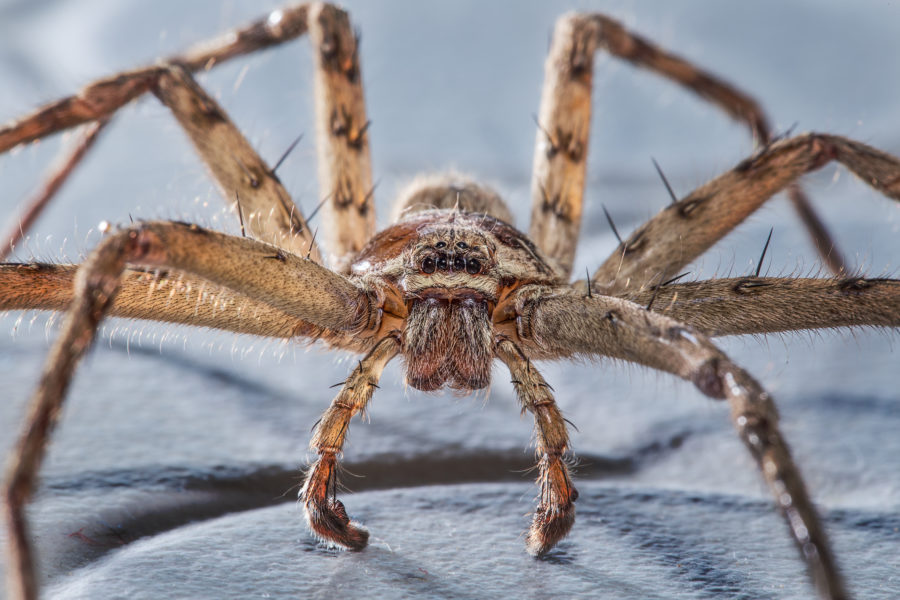The secret social life of spiders

When we think of spiders we think of them as solitary creatures – alone in their web, lurking in the corner of a room, or hiding in our shoes!
And we are right to think this. Most spiders -–both in our homes and in the wild – are known by science to be solo species.
But new research has found some spiders are evolving to be more social.
Just how social a spider is comes down to genetics, says Professor Alexander Mikheyev from the ANU Research School of Biology, who was involved in the study.
“One of the conditions for social animals is that they have a bigger brain size,” says Alexander. “Not only do they need to store information about the physical environment, but also the social one.”
And here’s where it gets even more interesting. Arthropods (a group of invertebrate animals that includes spiders) don’t have brains like we humans do.
Their neural tissue is distributed widely, meaning their brain can take up space anywhere in their body.
The research found that social spiders have a more developed nervous system than their solitary counterparts.
“We found that across different species, very similar genes and the same sorts of mechanisms were involved in the shift from solidarity to sociality,” Alexander says.
Among this group of social spiders is the humble Australian huntsman. And like many Australians, the majority of the huntsman’s socialising is done over food.
“A lot of spider sociality is them sitting together and eating in the same place, or sharing food. It’s a lot like having a meal with family,” Alexander says.
“There is also a level of relatedness, similar to how you’re more social with your family members as opposed to complete strangers.”
Being social comes with a string of benefits, one of the biggest being that it allows individuals to share information, explains Alexander.
“Take humans for example; most of what we know we learnt from someone else. Everything you do comes from information you have gathered socially.
“The benefits of being social has driven evolution as it favours the survival of relevant genes.
“While we can’t predict the future, I wouldn’t be surprised if more spider species followed this pattern and came to the party.”


